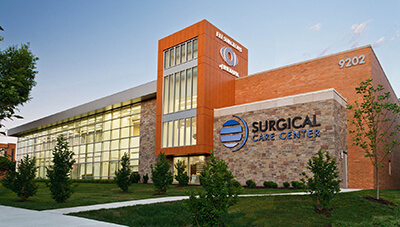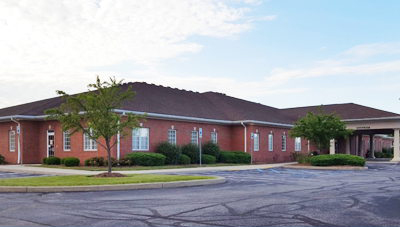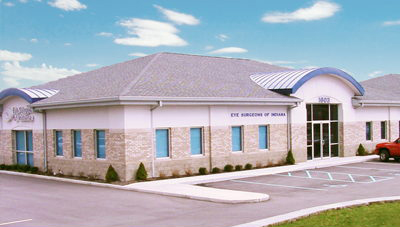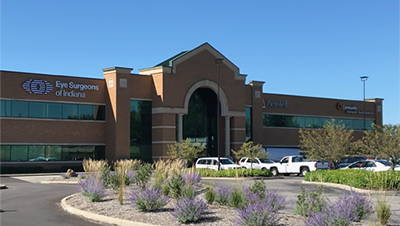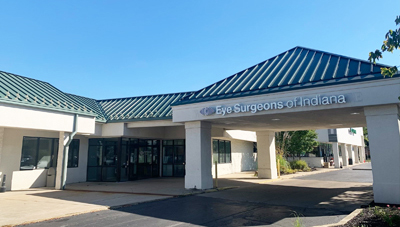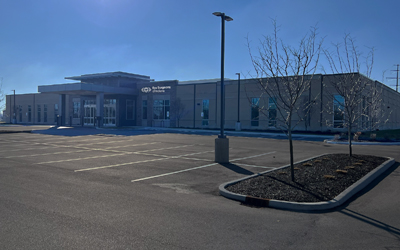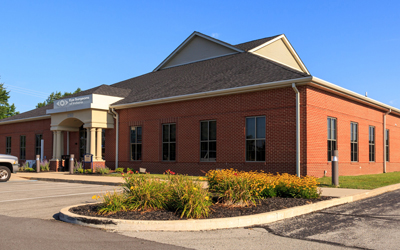Will LASIK Correct My Vision Issues?
Posted by: Eye Surgeons of Indiana in LASIK
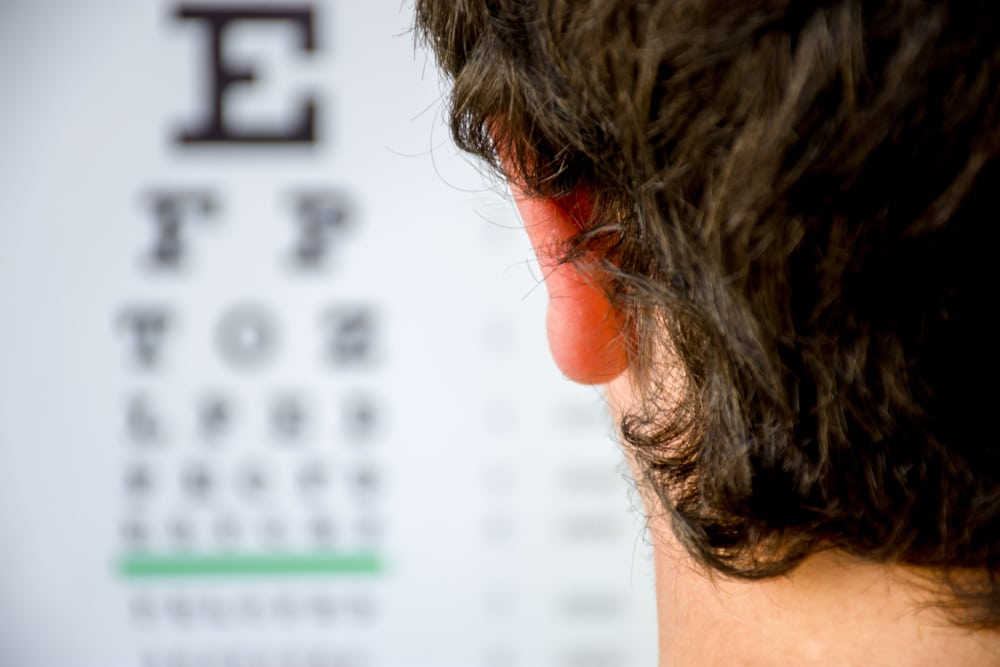
LASIK, or Laser-Assisted In Situ Keratomileusis, is a popular refractive surgery that has helped millions of people worldwide achieve clearer vision and reduce their dependence on glasses or contact lenses. Keep reading to learn more about LASIK surgery, the vision problems it can address, and what you can expect from the procedure!
What is LASIK?
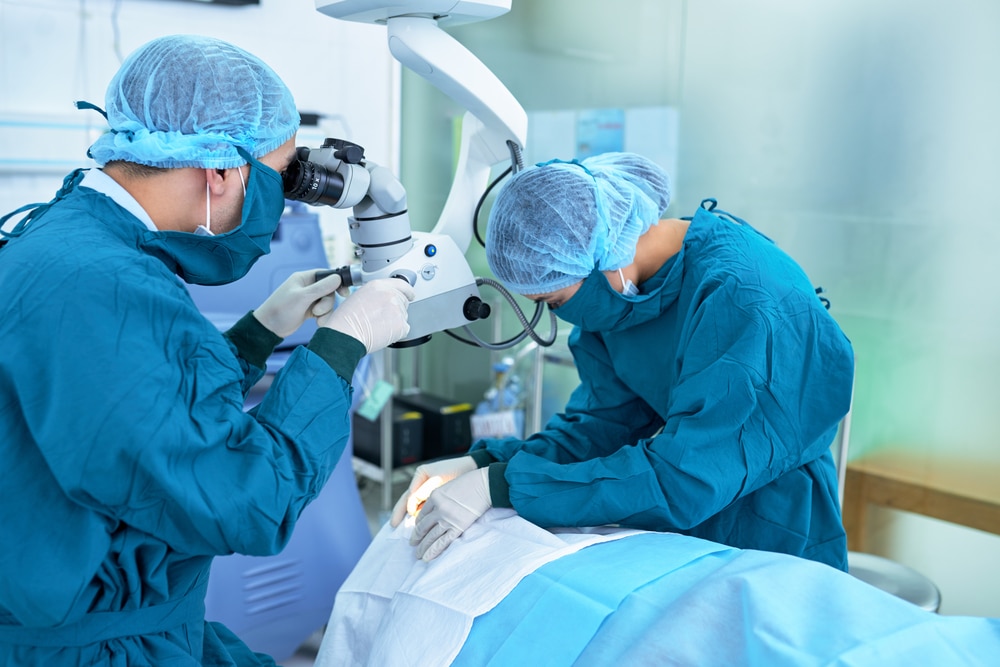
LASIK is a surgical procedure that reshapes the cornea, the clear, dome-shaped front surface of the eye, to improve the eye’s focusing power. The cornea plays a crucial role in refracting light onto the retina, which is essential for clear vision.
By precisely altering the shape of the cornea, LASIK can correct refractive errors such as myopia (nearsightedness), hyperopia (farsightedness), and astigmatism.
What Happens During LASIK?
The LASIK procedure typically takes about fifteen minutes and is performed on an outpatient basis. First, your LASIK surgeon creates a thin, hinged flap in the cornea using a precise laser called a femtosecond laser.
This flap is then gently lifted to expose the underlying corneal tissue. Next, an excimer laser is used to remove microscopic amounts of tissue from the cornea, reshaping it to correct your specific refractive error.
The corneal flap is then carefully repositioned, and it naturally adheres back in place without the need for stitches.
What Vision Issues Can LASIK Correct?
LASIK is used to treat the following refractive errors:
Myopia (Nearsightedness)
Myopia occurs when the eye is too long or the cornea is too curved, causing light to focus in front of the retina instead of directly on it. This results in clear near vision but blurry distant vision.

LASIK can reshape the cornea to correct myopia, allowing light to focus properly on the retina.
Hyperopia (Farsightedness)
Hyperopia occurs when the eye is too short or the cornea is too flat, causing light to focus behind the retina. This leads to clear distant vision but difficulty focusing on near objects.
LASIK can reshape the cornea to correct hyperopia as well, enabling light to focus correctly on the retina.
Astigmatism
Astigmatism occurs when the cornea or lens has an irregular shape, causing light to focus at multiple points. This results in distorted or blurred vision at all distances.
LASIK can reshape the cornea to eliminate the irregular curvature and improve vision clarity. It is important to note that the severity of your refractive error and the overall health of your eyes will determine whether you are a suitable candidate for LASIK.
During a comprehensive eye examination, your eye doctor will assess factors such as your corneal thickness, pupil size, and the stability of your prescription to determine if LASIK is right for you.
What Will My Vision Be Like After LASIK?
Most patients experience significant vision improvement within a day of the procedure, and achieve excellent vision results once their eyes have healed completely over the following weeks. It is common to experience some mild discomfort, such as itching, burning, or tearing, in the first few hours after the procedure.

Your eye doctor will prescribe eye drops to promote healing and give you instructions on how to best support your recovery. It is crucial to follow your doctor’s post-operative instructions carefully, which may include avoiding rubbing your eyes, wearing protective eye shields while sleeping, and attending follow-up appointments.
While LASIK offers rapid visual recovery, it is important to understand that individual results may vary. Additionally, as with any surgical procedure, there are potential risks and complications associated with LASIK.
Your eye doctor will discuss these risks with you in detail before the procedure. Most people are able to experience greater visual freedom and significantly reduce their dependence on visual aids after the procedure.
How Do I Know if LASIK is Right for Me?
If you are considering LASIK to correct your vision issues, the first step is to schedule a comprehensive eye examination at Eye Surgeons of Indiana LASIK Center. During this evaluation, your doctor will:
- Assess your overall eye health
- Measure your refractive error
- Evaluate your corneal thickness and shape
- Discuss your lifestyle and visual needs
- Explain the potential benefits and risks of the procedure
Based on this information, your eye doctor will determine whether you are a good candidate for LASIK or if an alternative vision correction method may be more suitable for you.
Taking the Next Steps Towards Clearer Vision
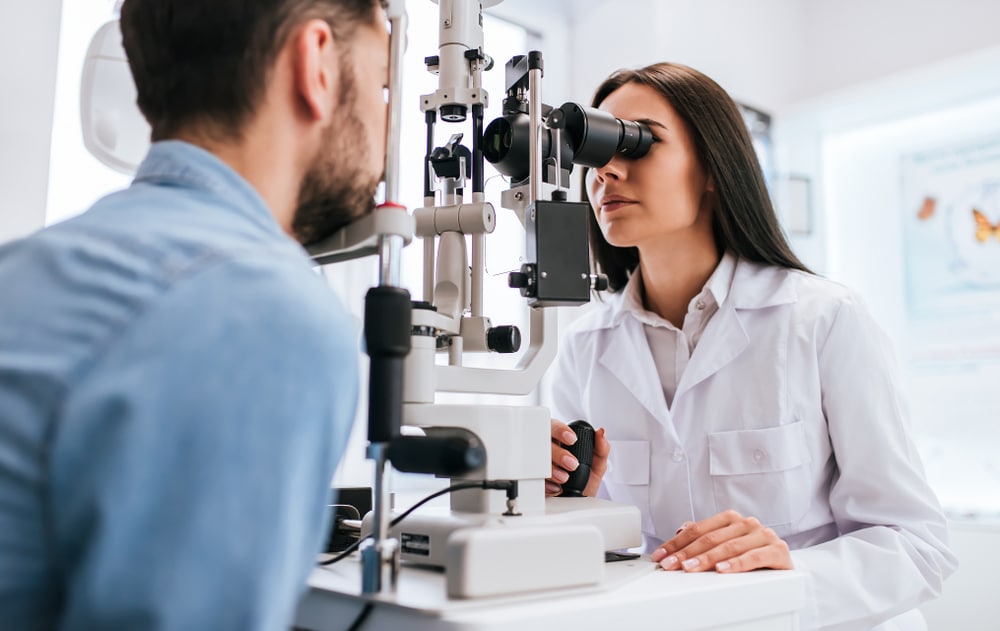
LASIK has proven to be a safe and effective way to correct a wide range of vision issues, including myopia, hyperopia, and astigmatism. By reshaping the cornea, LASIK can significantly improve visual acuity and reduce dependence on glasses or contact lenses.
However, it is essential to understand that not everyone is a suitable candidate for the procedure, and individual results may vary. If you are considering LASIK to address your vision problems, schedule a consultation at Eye Surgeons of Indiana LASIK Center.
Together, we can explore your options and determine the best course of action to achieve clearer, sharper vision and improve your quality of life.
Schedule a LASIK consultation at Eye Surgeons of Indiana LASIK Center in Indianapolis, IN, today!

